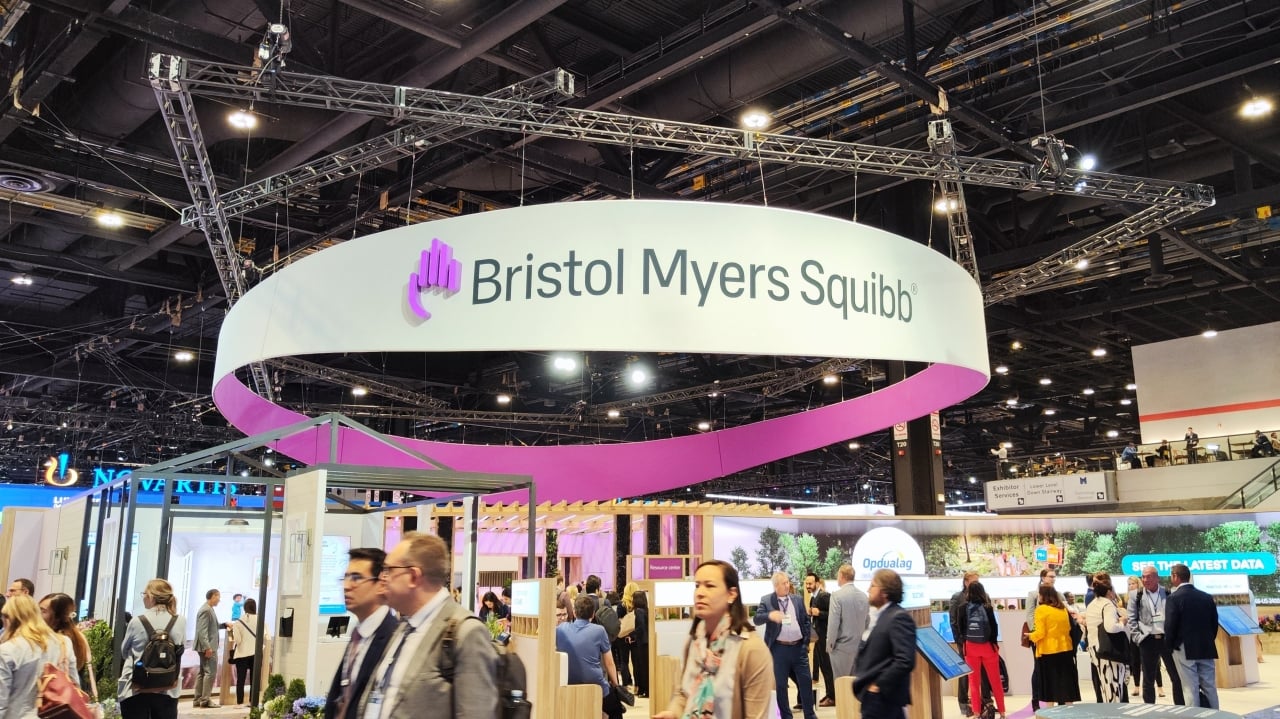Bristol Myers bags FDA tumor-agnostic nod for Augtyro to challenge Bayer, Roche
14 Jun 2024
ImmunotherapyAccelerated ApprovalAcquisitionDrug Approval

Preview
Source: FiercePharma
To convert Augtyro's accelerated approval into a full nod, the FDA is asking Bristol Myers Squibb for more tumor response and duration of response data.
A Bristol Myers Squibb drug has got an FDA approval to treat tumors with a specific biomarker regardless of their locations in the body.
The drug, Augtyro, has won the FDA’s accelerated approval in solid tumors that have an NTRK gene fusion, Bristol Myers said Thursday. The tyrosine kinase inhibitor (TKI) can be used in patients 12 years of age and older, but the tumors must have been previously treated or have no satisfactory alternative therapy.
This tumor-agnostic indication is familiar to the oncology community. Back in 2018, Bayer’s Vitrakvi became the first targeted therapy to get its initial FDA go-ahead for cancers based on a genetic biomarker rather than where the tumor originated, and the indication was NTRK gene fusion. Then Roche’s Rozlytrek followed with the same label addition in 2019.
BMS got Augtyro from its $4.1 billion acquisition of Turning Point Therapeutics in 2022, and then in November 2023 pushed the drug across the FDA finish line in ROS1-positive non-small cell lung cancerROS1-positive non-small cell lung cancer, where it’s also competing with Roche’s Rozlytrek.
In NTRK mutation-positive solid tumorsNTRK mutation-positive solid tumors, Augtyro differentiates itself as the only option that has been studied both in patients who had not tried a TKI before and in TKI-experienced patients, Bristol Myers said.
In the phase 1/2 TRIDENT-1 trial, Augtyro triggered a response in 58% of 40 TKI-naïve patients, including 15% who had complete responses. Of those who responded, 83% were still in response after one year.
Among 48 TKI-pretreated patients, Augtyro’s overall response rate was 50%, which included no complete response. At one year, 41% of responding patients were still in remission. The median duration of response was 9.9 months.
Across the two subgroups, the TRIDENT-1 trial enrolled patients with 15 different types of cancer, including NSCLC, thyroid cancer, salivary gland cancer, glioblastoma, colorectal cancer and others.
With the accelerated approval, BMS will need to provide additional data to confirm Augtyro’s benefits. To convert the nod into a full approval, the FDA is asking for tumor response and duration of response data from “a sufficient number of patients” across tumor types, with all responding patients being followed for at least 12 months from the onset of response or until disease progression, according to the agency.
Augtyro marked Bristol Myers Squibb’s initial expansion into targeted therapies from an immunotherapy-focused oncology portfolio. The New Jersey pharma went deeper into targeted therapies with the acquisition of Mirati Therapeutics, which brought with it the KRAS inhibitor KrazatiKRAS inhibitor Krazati.
For more details,please visit the original website
The content of the article does not represent any opinions of Synapse and its affiliated companies. If there is any copyright infringement or error, please contact us, and we will deal with it within 24 hours.
Organizations
Hot reports
Get started for free today!
Accelerate Strategic R&D decision making with Synapse, PatSnap’s AI-powered Connected Innovation Intelligence Platform Built for Life Sciences Professionals.
Start your data trial now!
Synapse data is also accessible to external entities via APIs or data packages. Leverages most recent intelligence information, enabling fullest potential.




